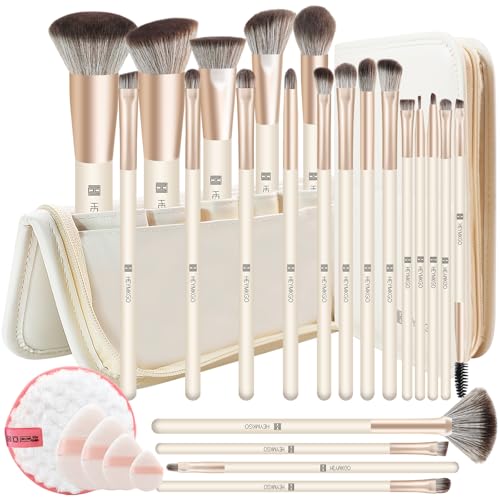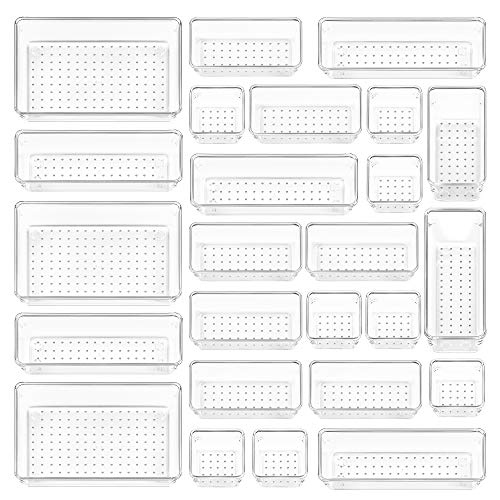I'd not heard of keloids until today...
From what I've read, apple cider vinegar is a good, easy remedy you can try or an aspirin paste.
I also found this from here:
http://www.homemademedicine.com/home-remedies-scars.html
Home remedies for Scars
Home remedies for Scars #1: Vitamin E cream, applied to the area twice a day, is helpful in softening scars.
Home remedies for Scars #2: Mederma, a topical gel containing a proprietary botanical extract made from onion and allantoin, can by applied to a scar three or four times a day. An improvement in the color, texture, appearance, and flexibility of the scar should be noted sometime between eight weeks and six months of treatment. This product is available over the counter. It works best on newer scars.
Home remedies for Scars #3: Applying calendula gel or cream to a scar twice a day reduces inflammation and increases healing in an early scar.
Home remedies for Scars #4: An ointment containing 10 percent mustard-seed oil, applied to a scar three times a day for several weeks, is said to aid in improving the appearance of the scar.
Home remedies for Scars #5: Mix 1 ounce each of rose hip seed oil and essential oils of rose and everlasting and apply daily to the scar after bathing. This should help to improve the appearance of the scar. Store the mixture in a dark glass bottle.
Home remedies for Scars #6: Lavender oil has skin-cell-rejuvenating properties and reportedly helps with all forms of scarring. Apply it to the scar or keloid several times a day.
Home remedies for Scars #7: Thiosinaminum 5c, applied externally to a scar or keloid twice a day, reduces the swelling of a lumpy, bumpy scar. However, it must be used within three months of the scar's formation to have any effect.
Home remedies for Scars #8: Massage can help to soften scars. Roll stiff scars several times daily to break down scar tissue and soften the scars. Studies show that pulsed electrotherapy greatly reduces the growth of hypertrophic scars and keloids.
Home remedies for Scars #9: Don't pick at any healing wound, as this will increase scarring. If you are prone to forming keloids or thick scars, avoid cosmetic or elective surgical procedures if possible. If surgery is necessary, discuss your concern about scarring with your surgeon. Triamcinolone acetonide, a steroid, can be injected into the incision site to reduce the risk of hypertrophic scarring and keloid formation. However, this may slow healing of the wound as well.






